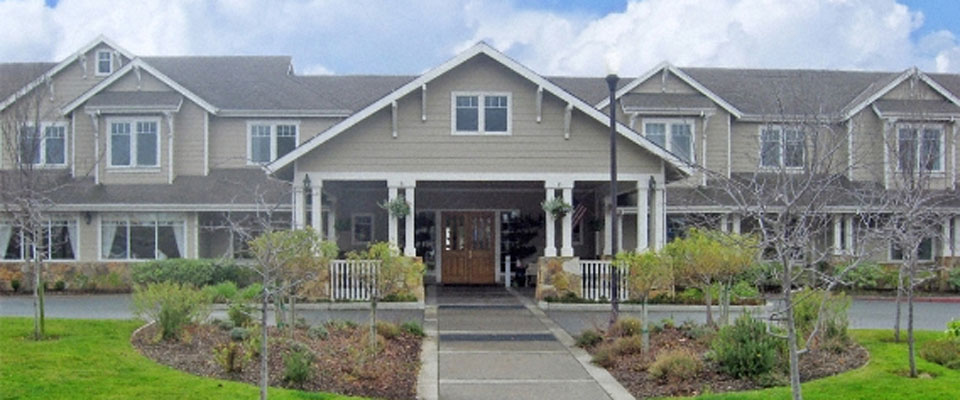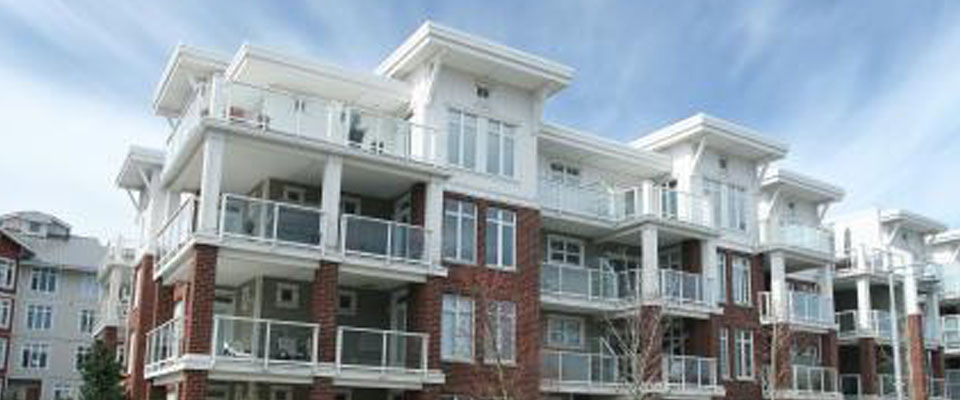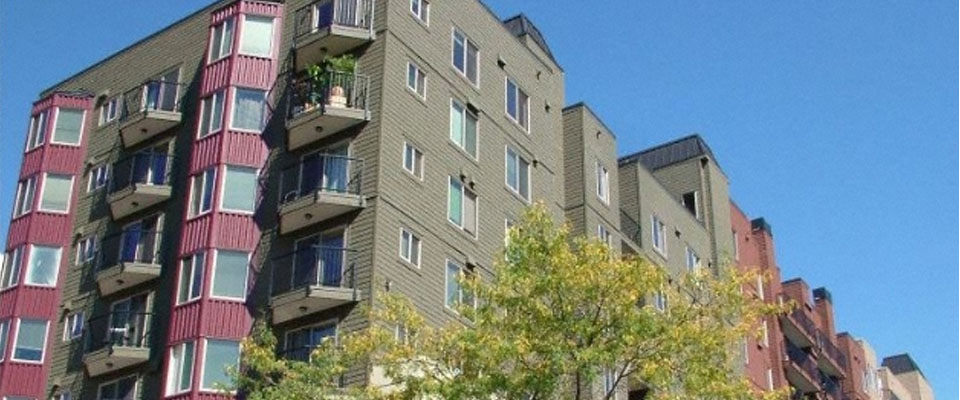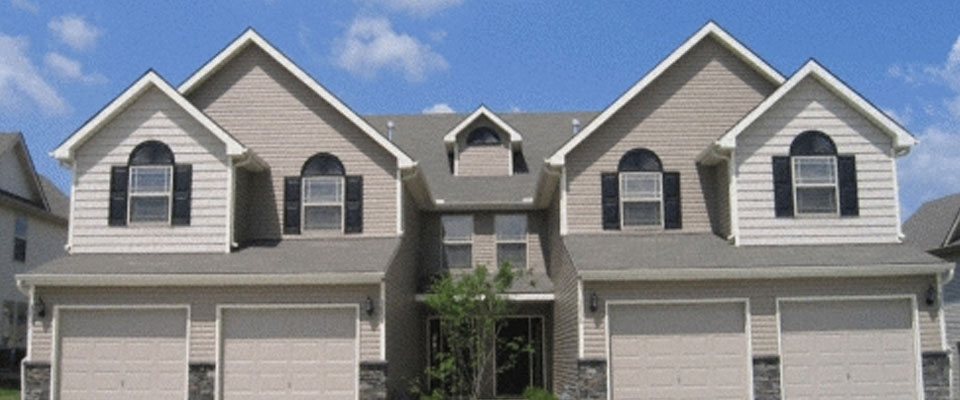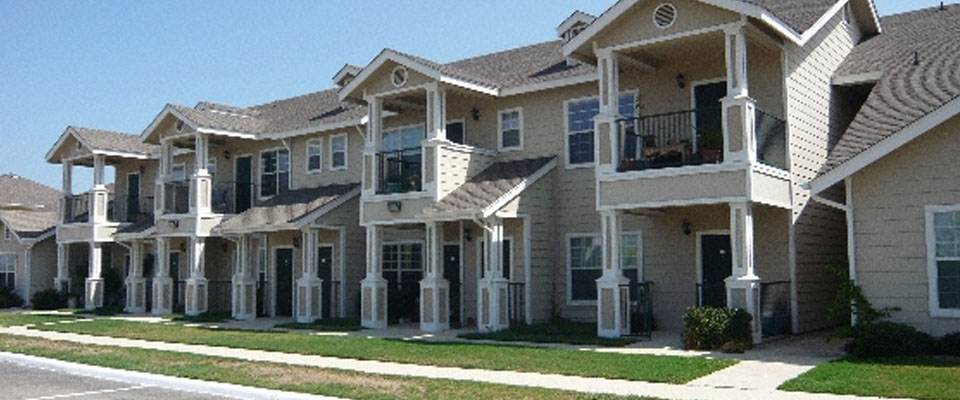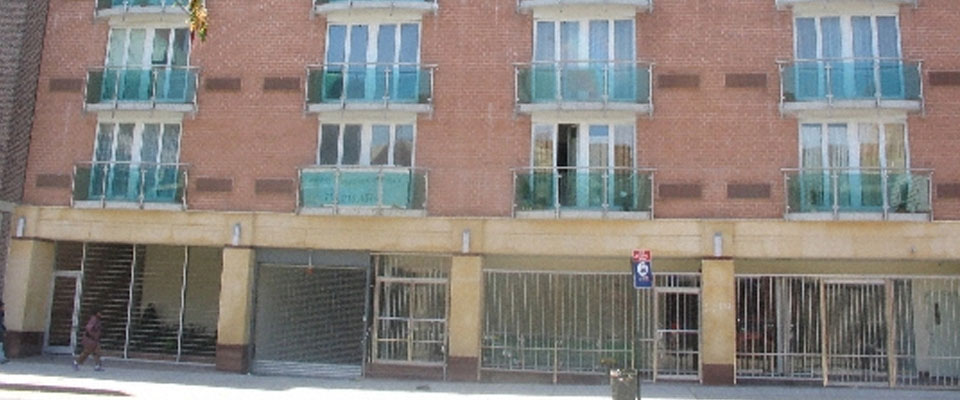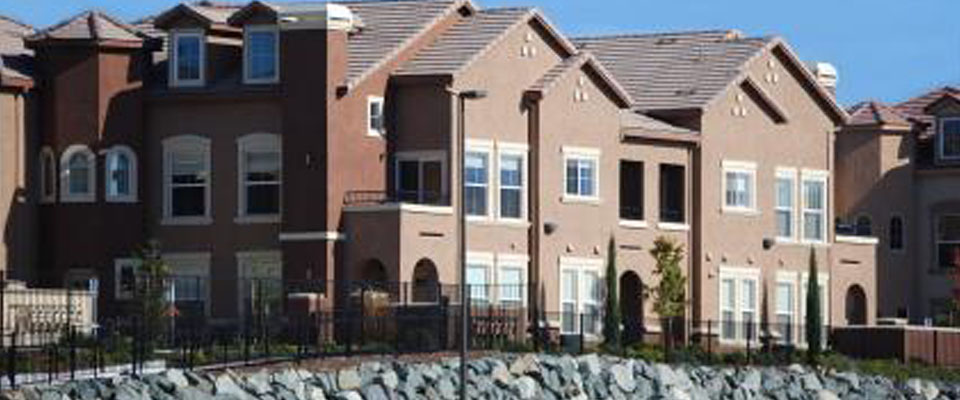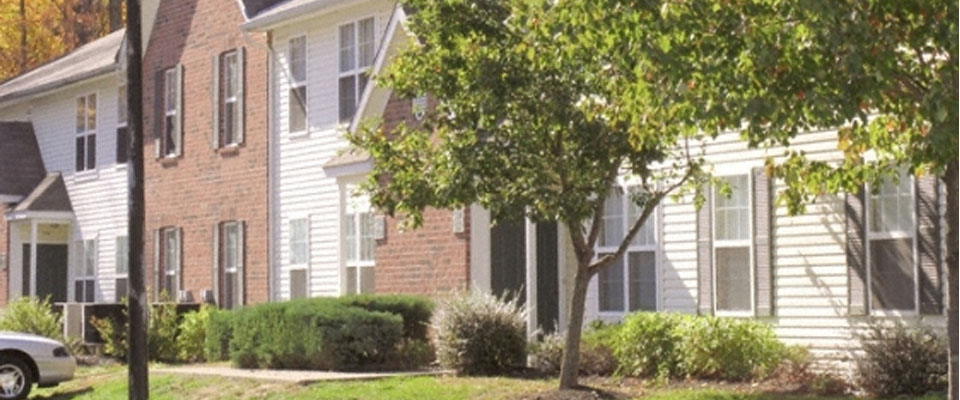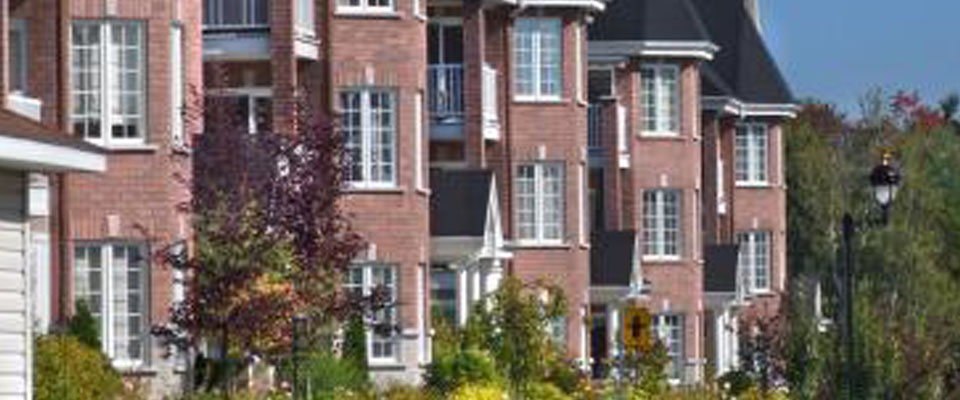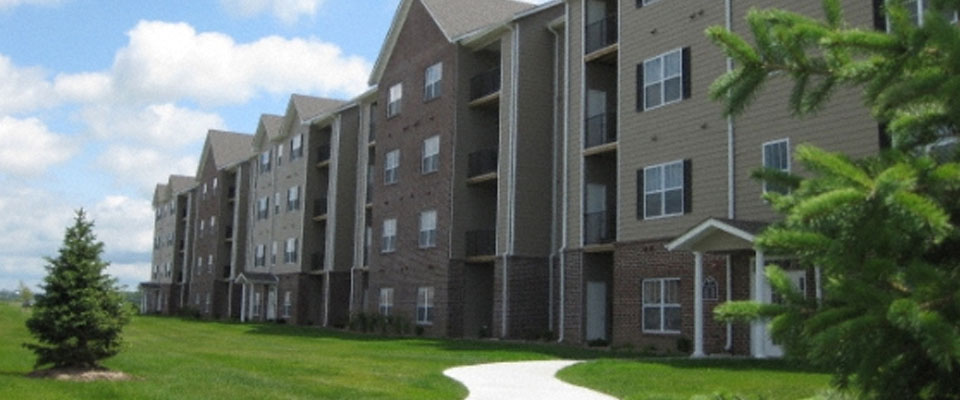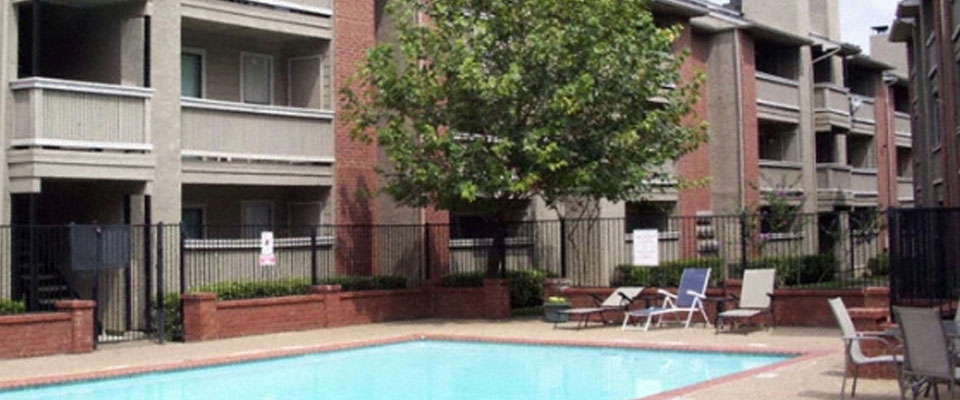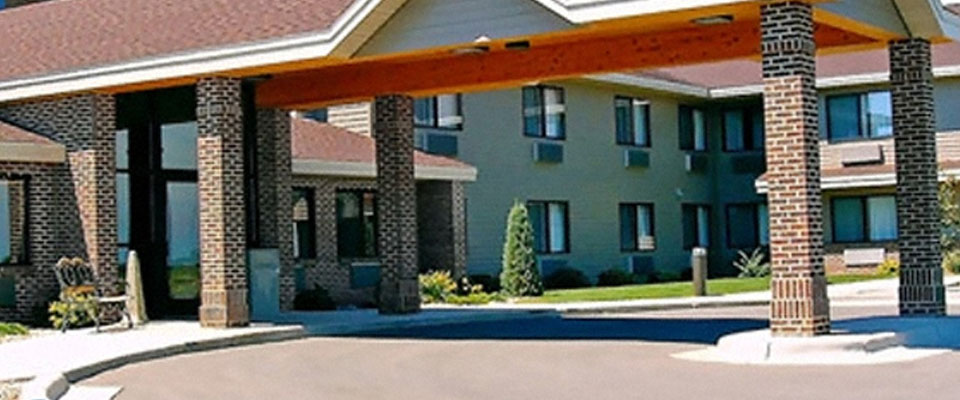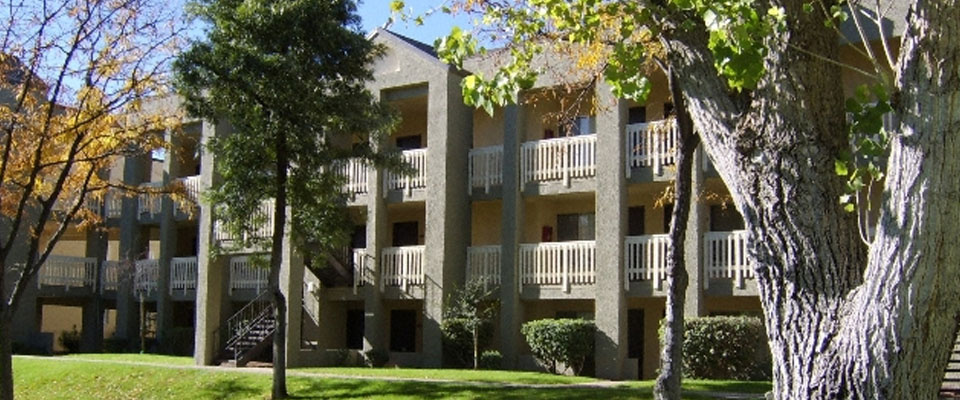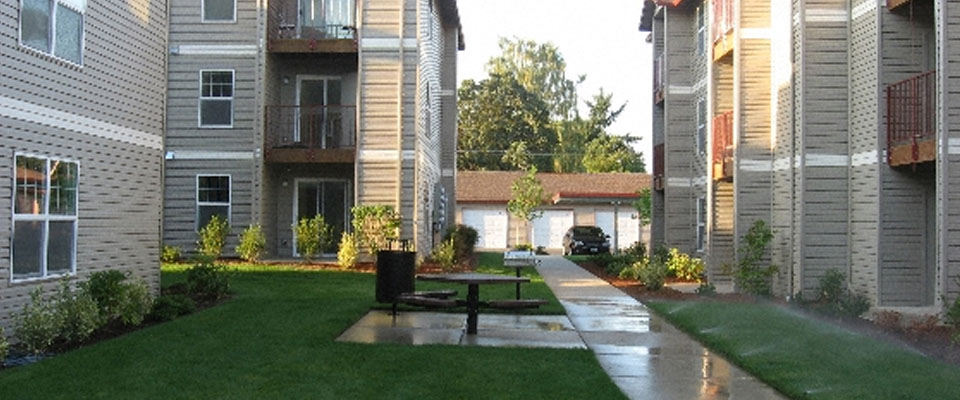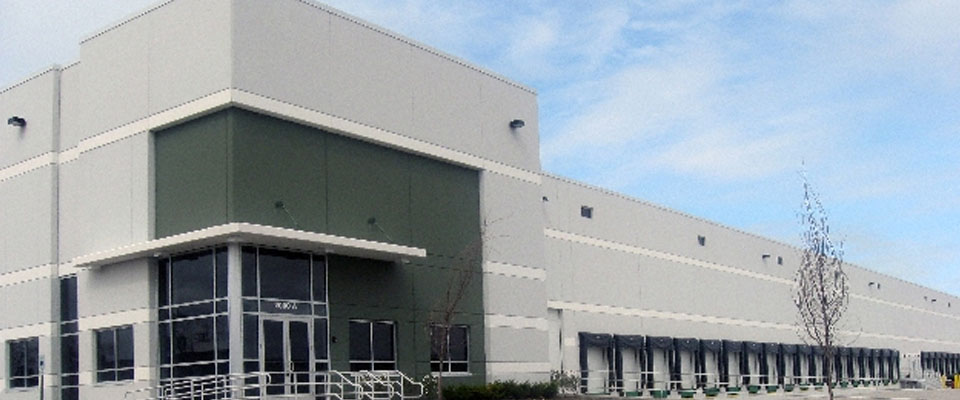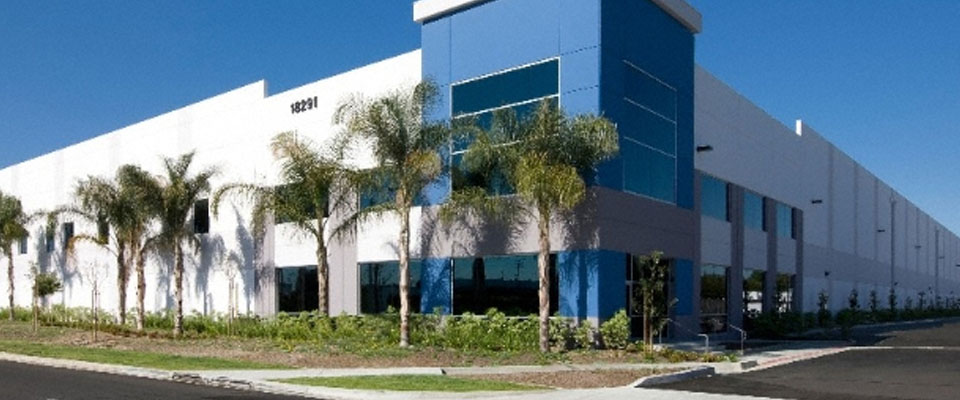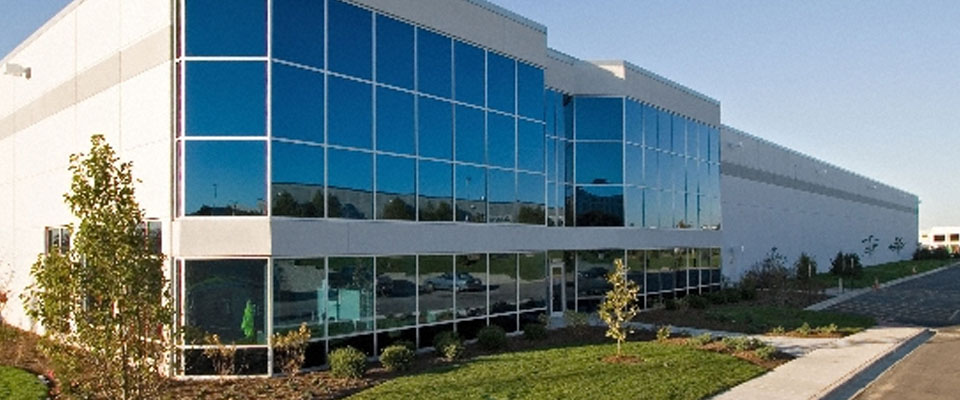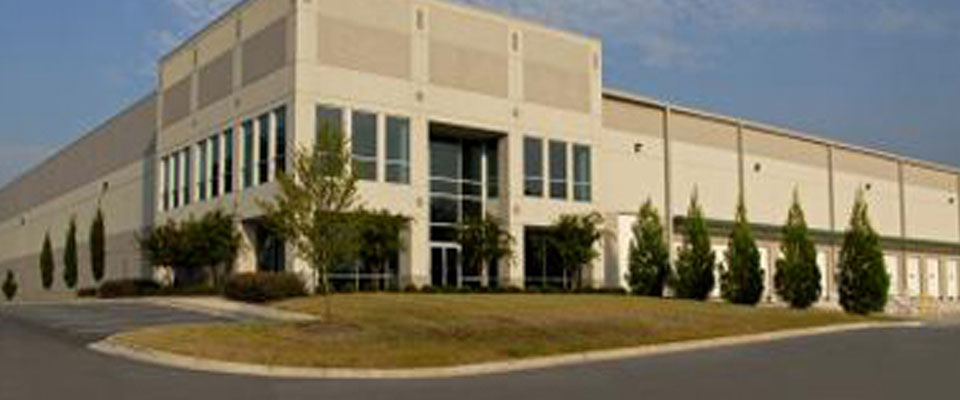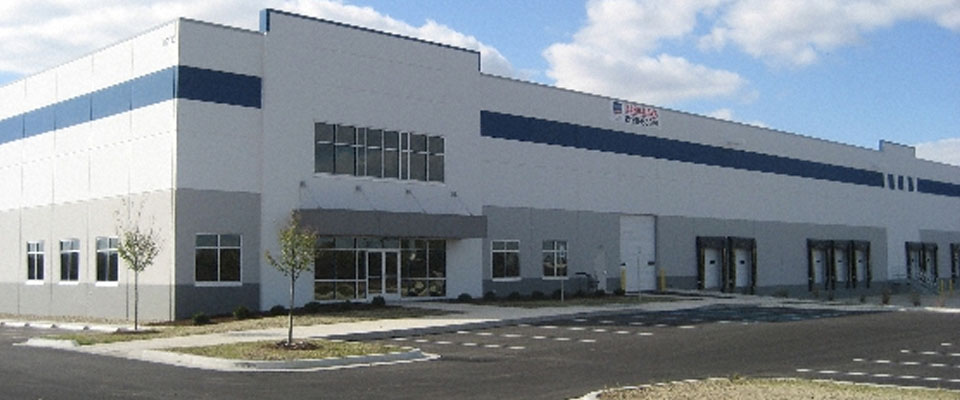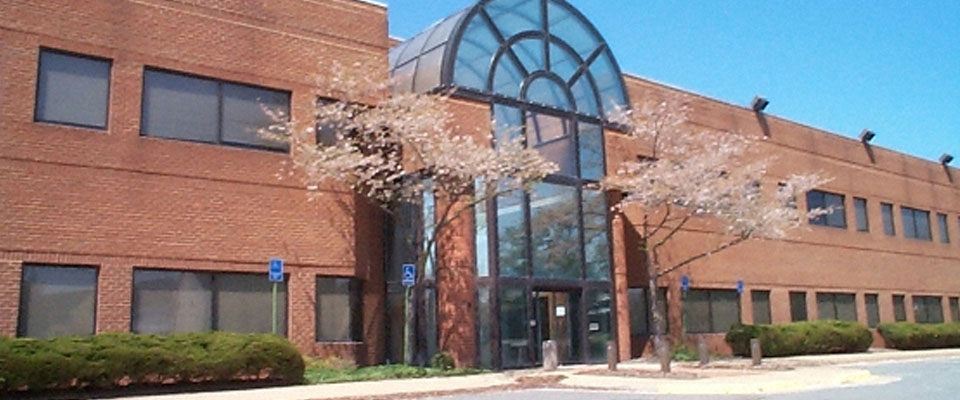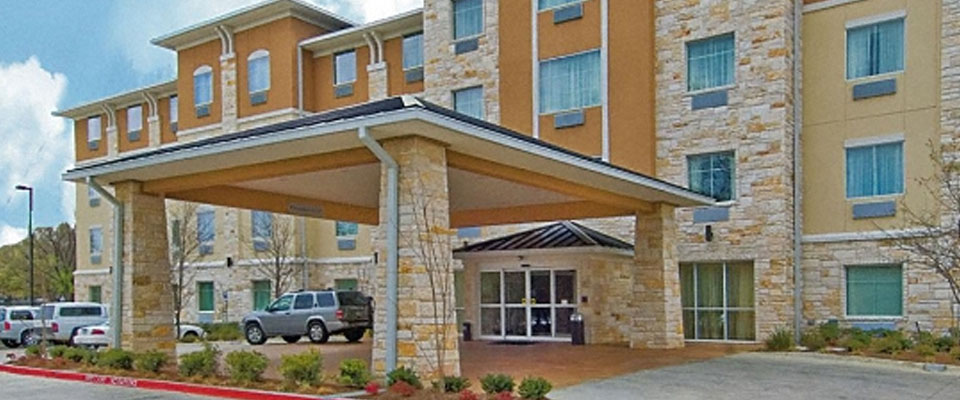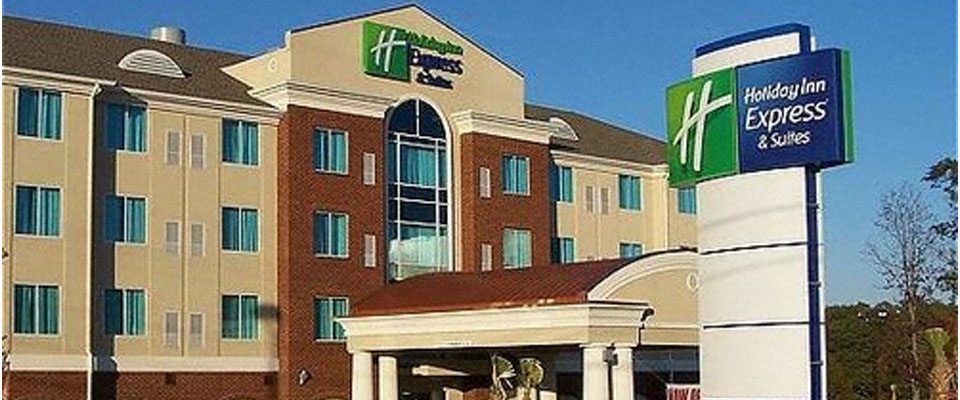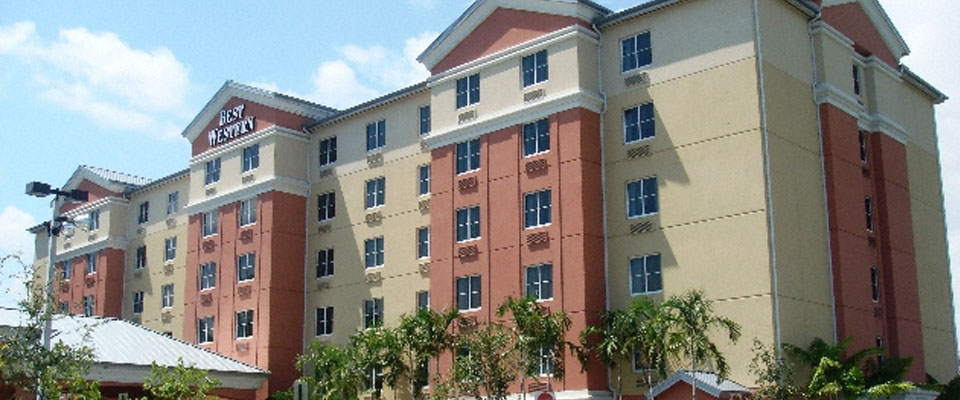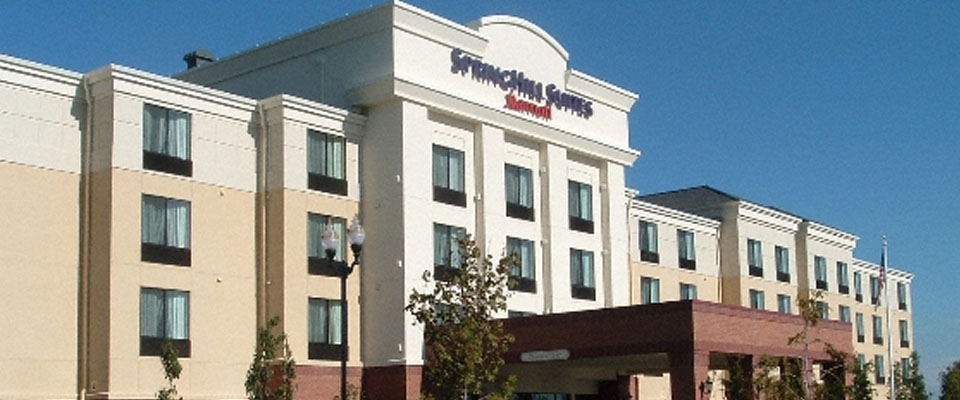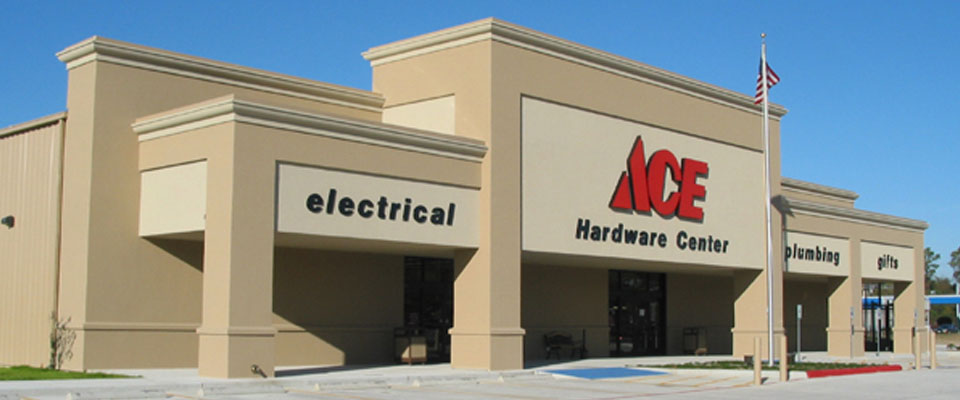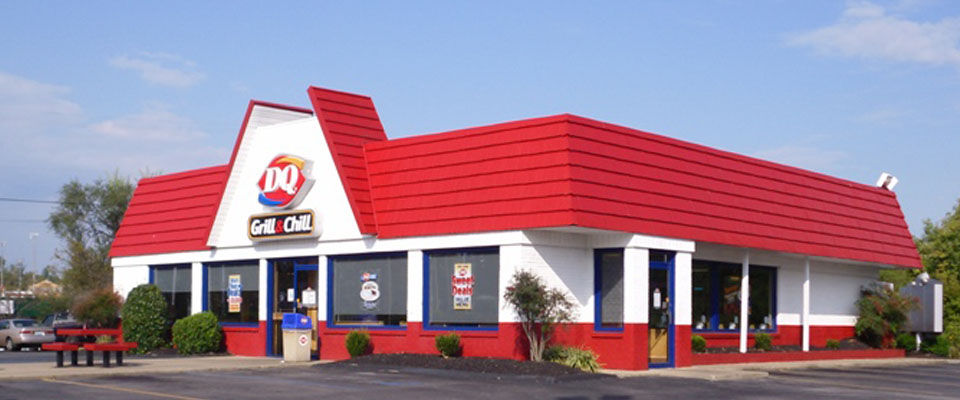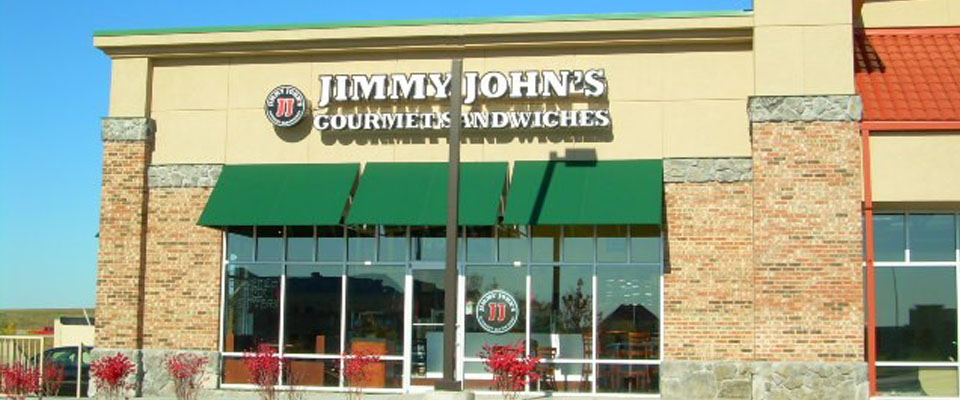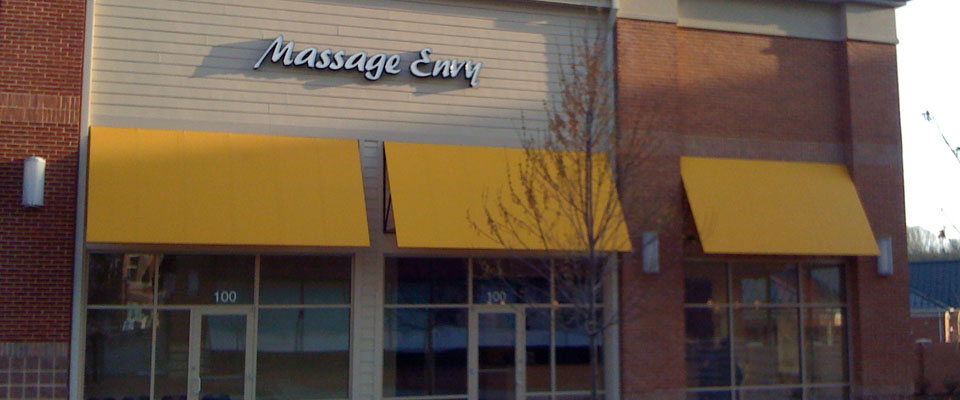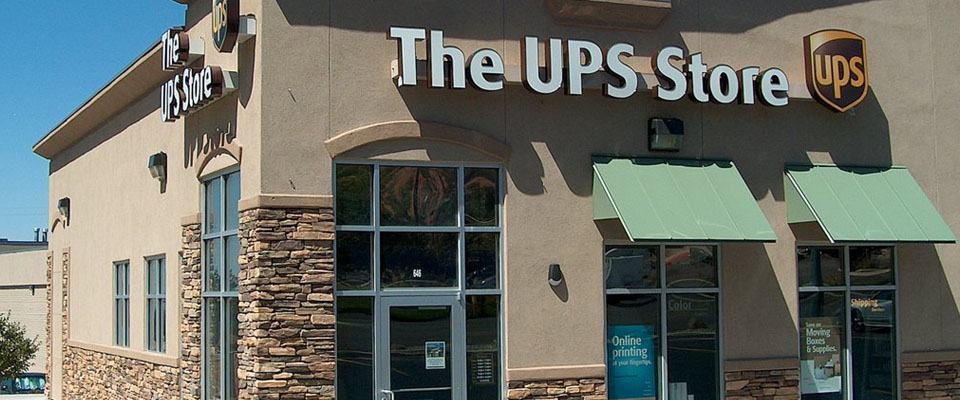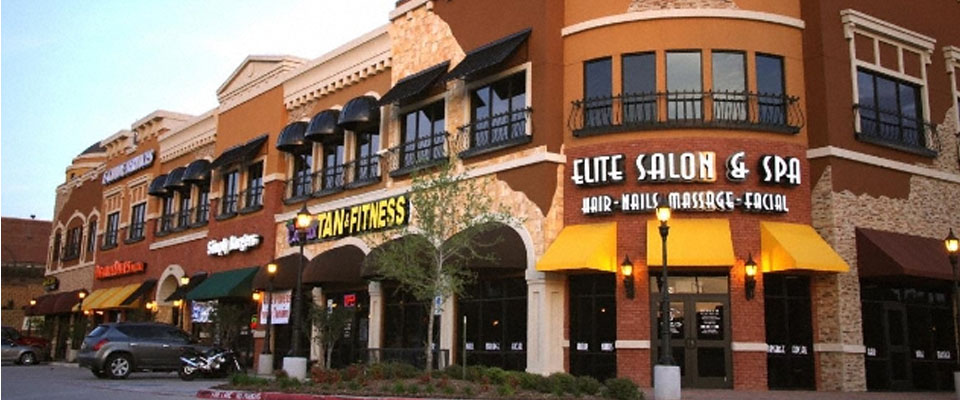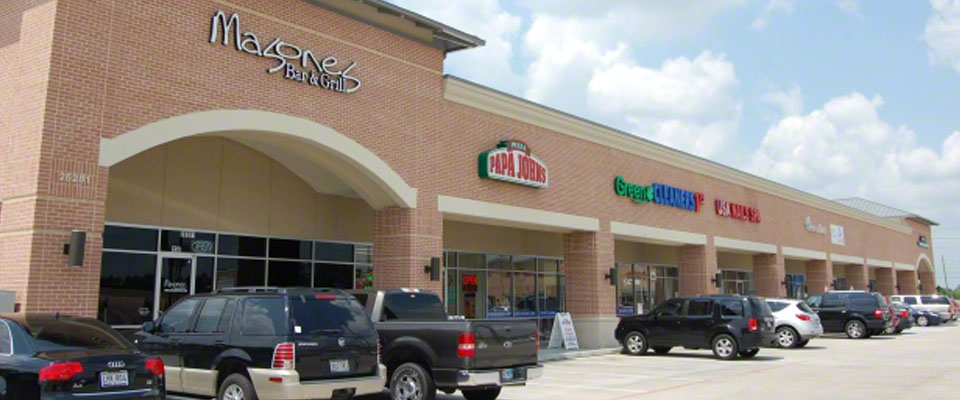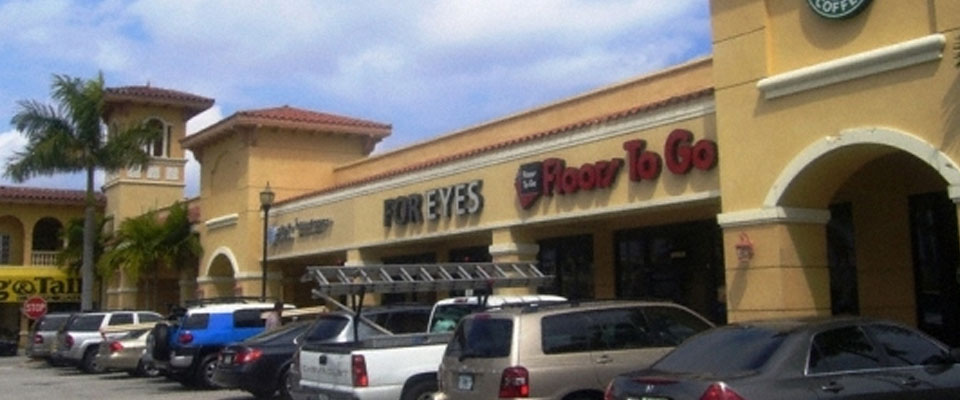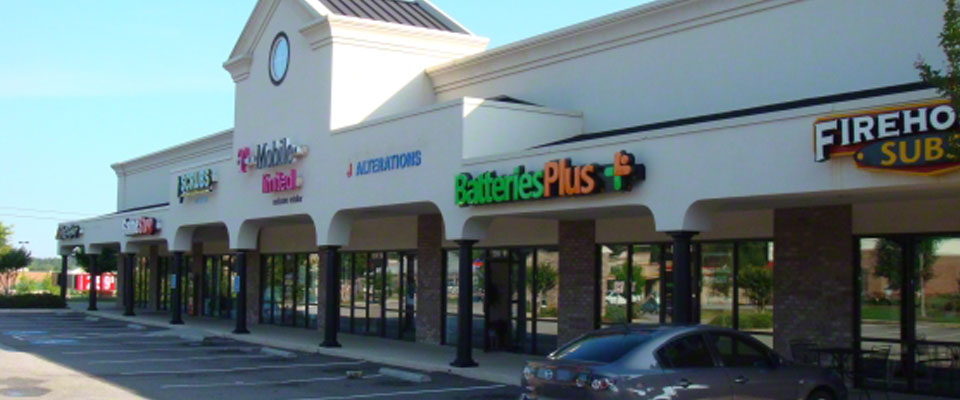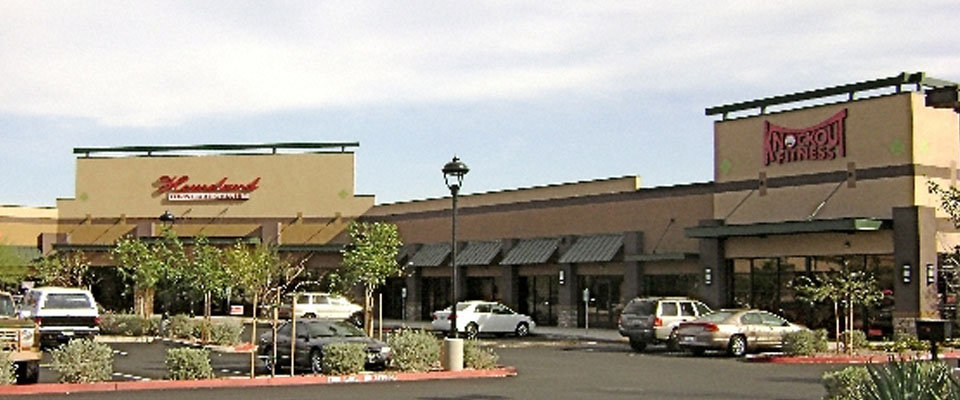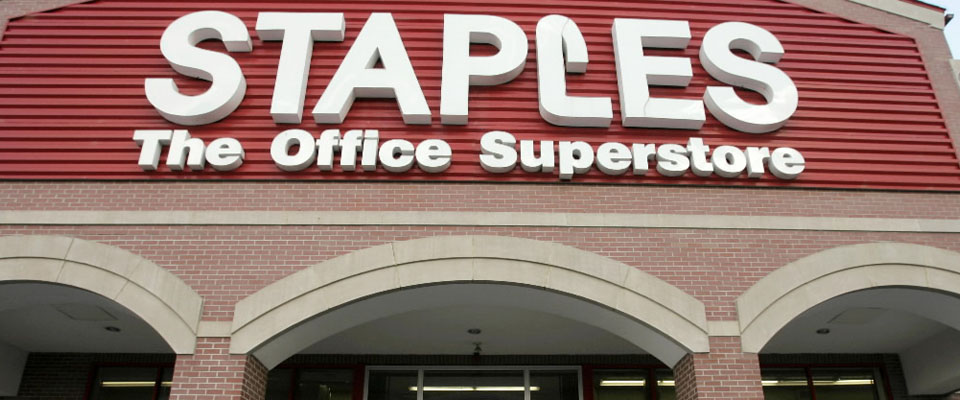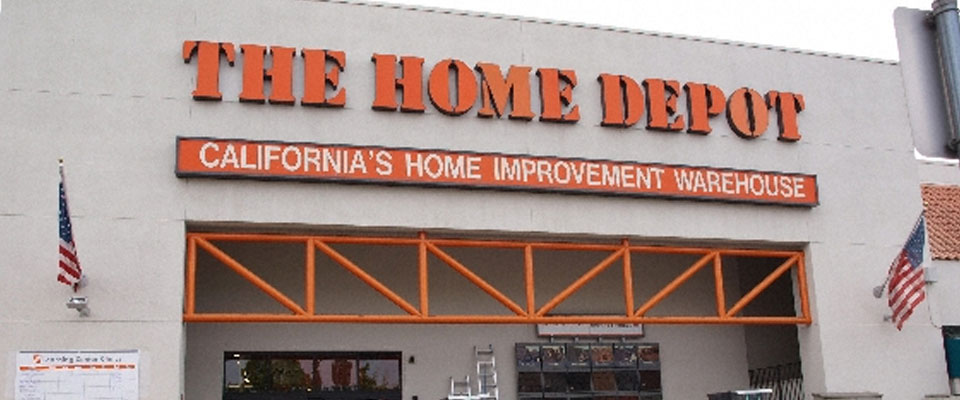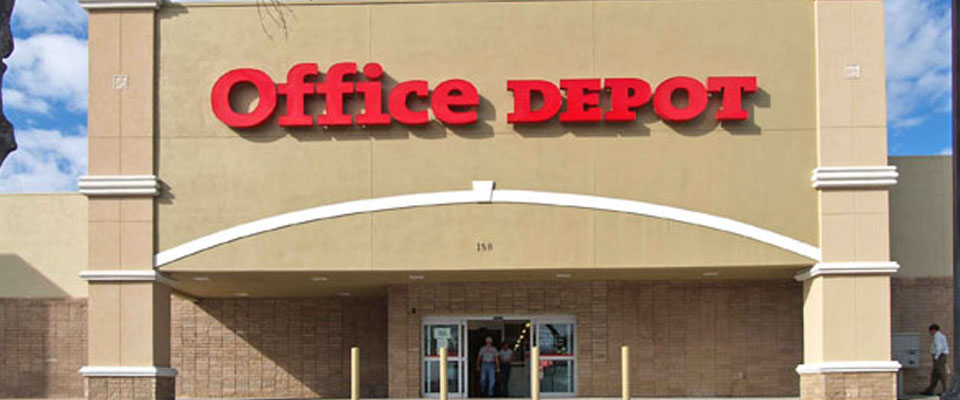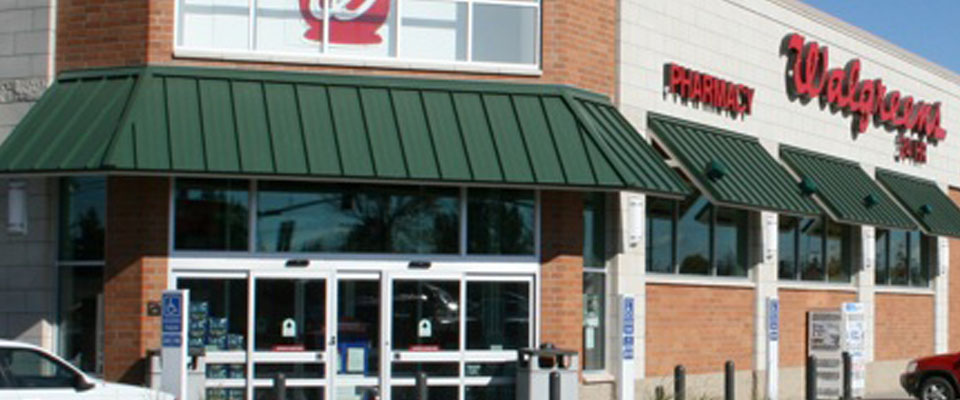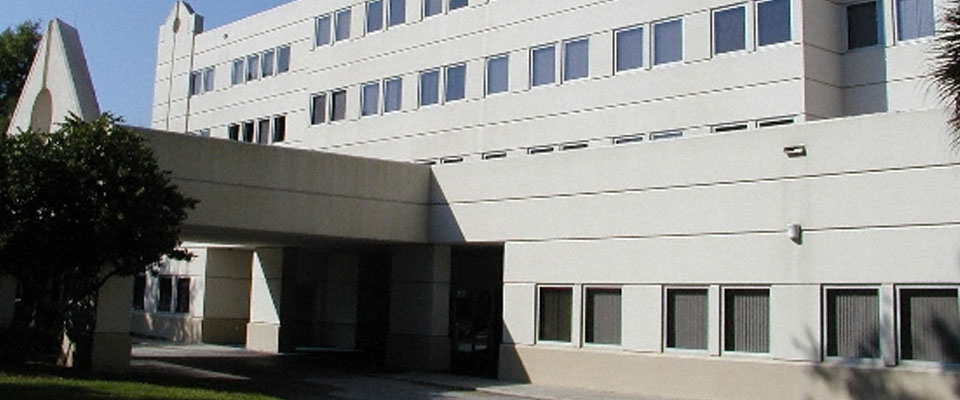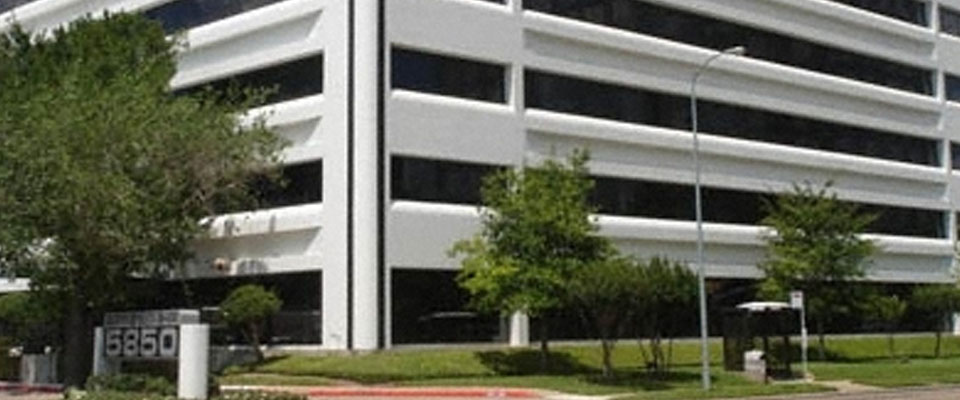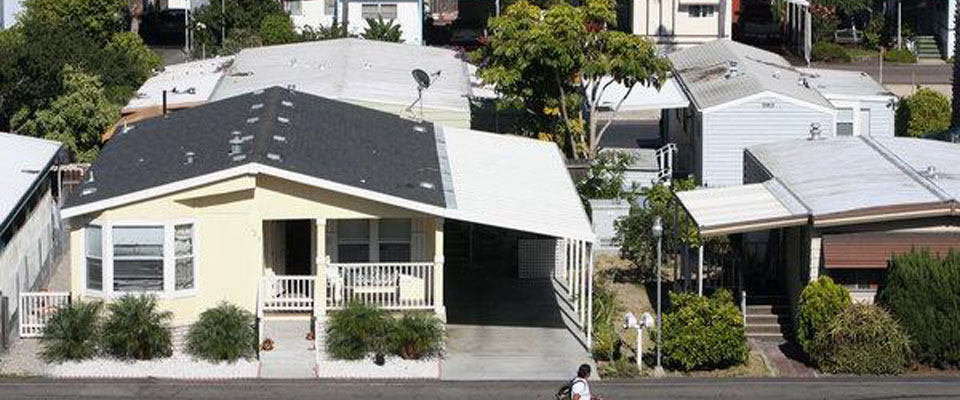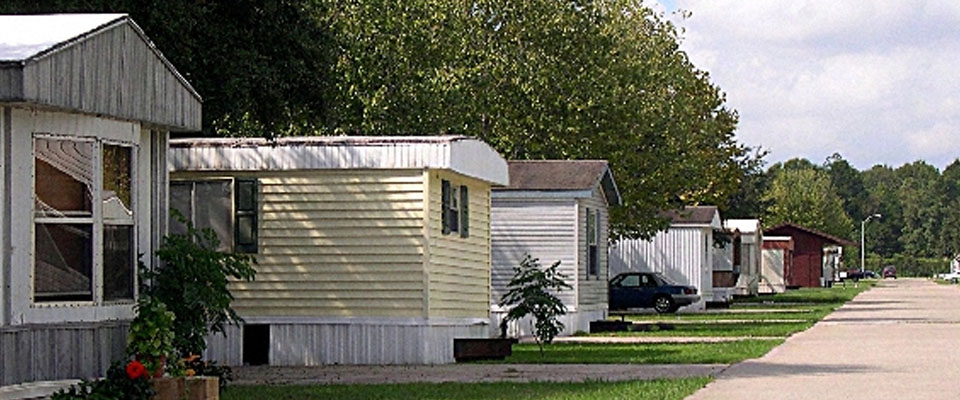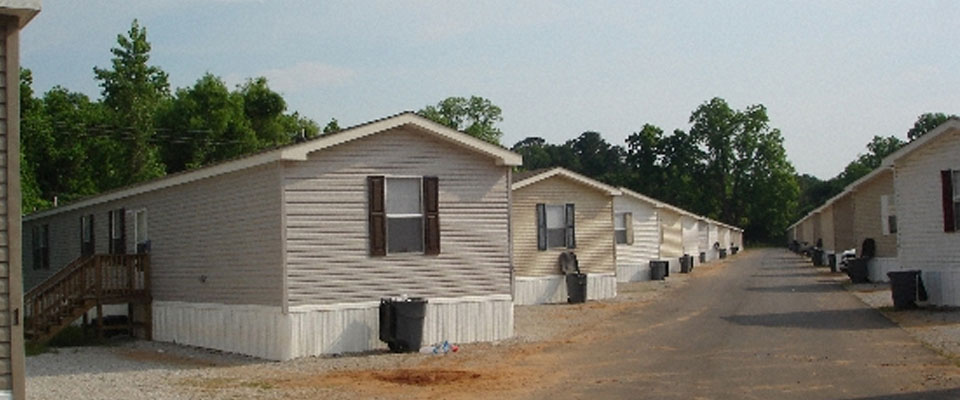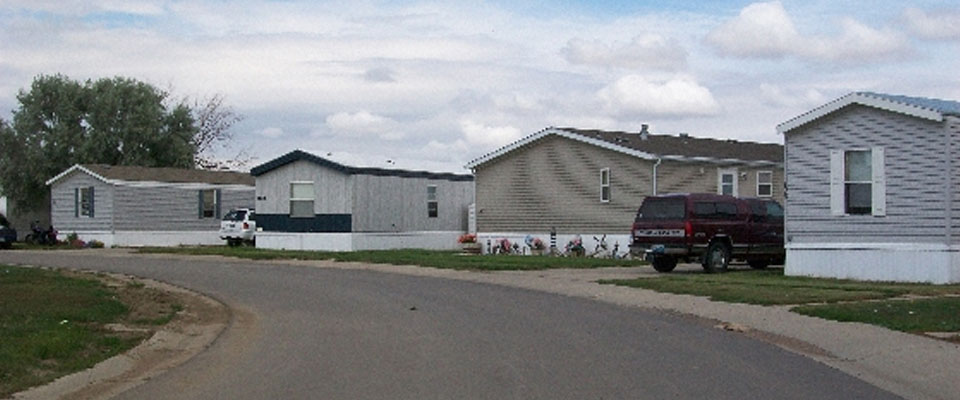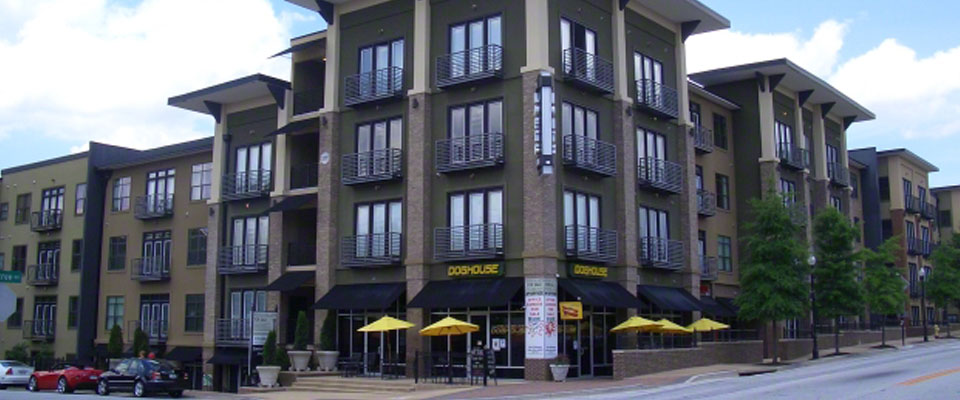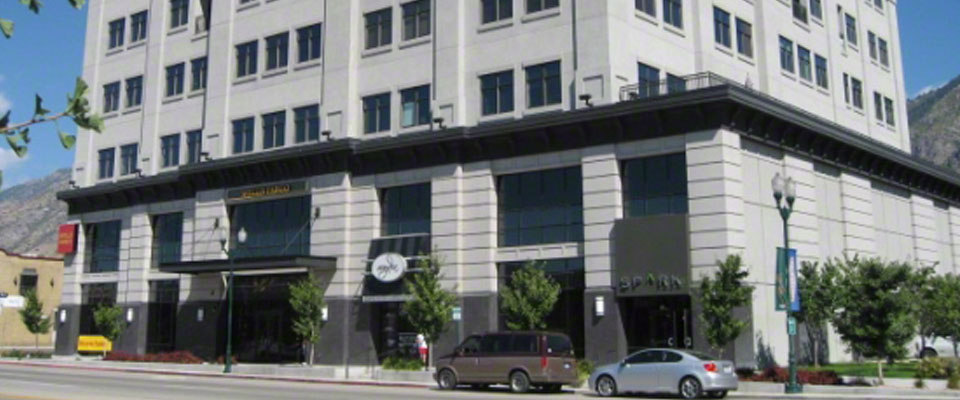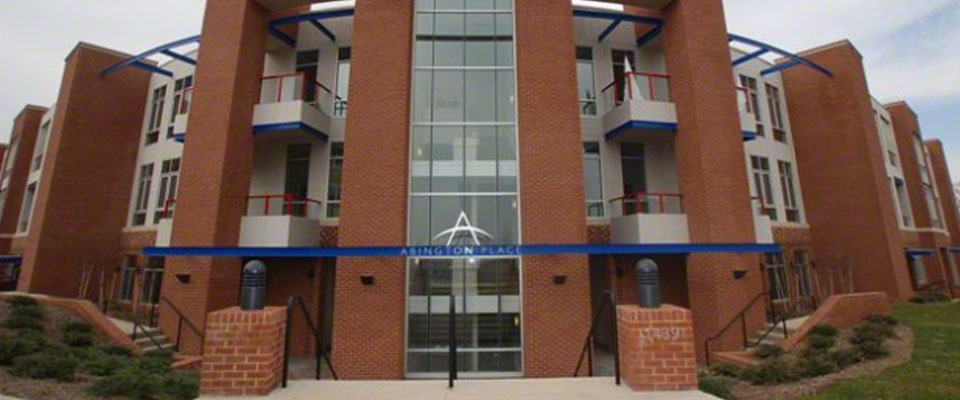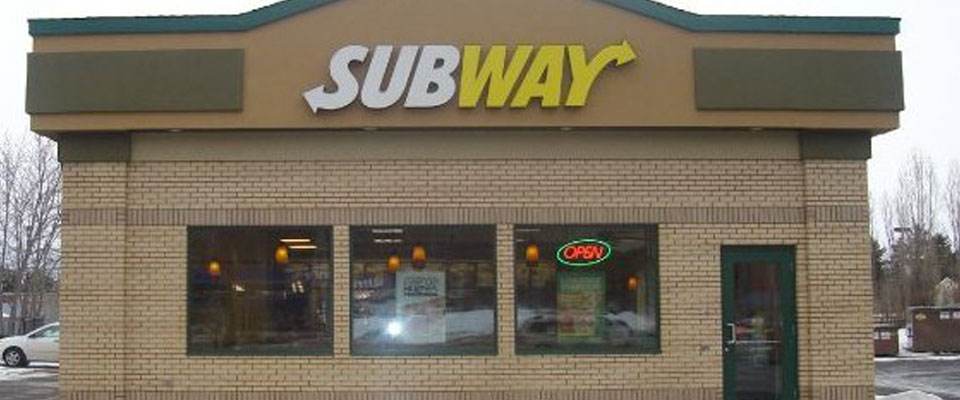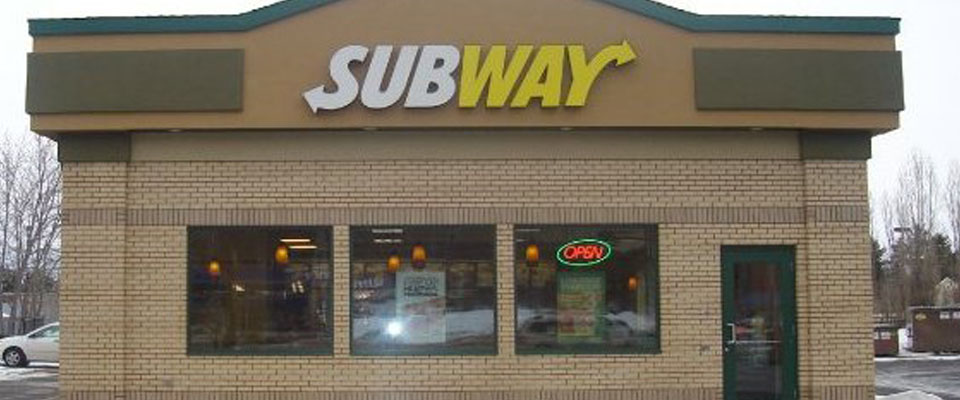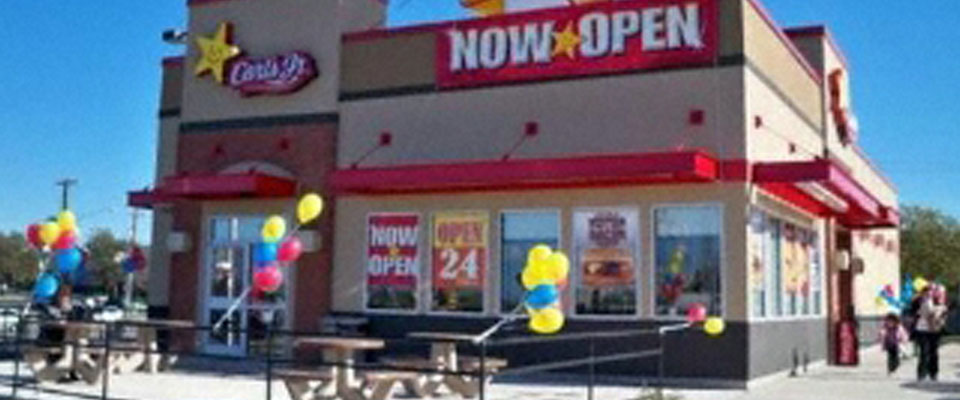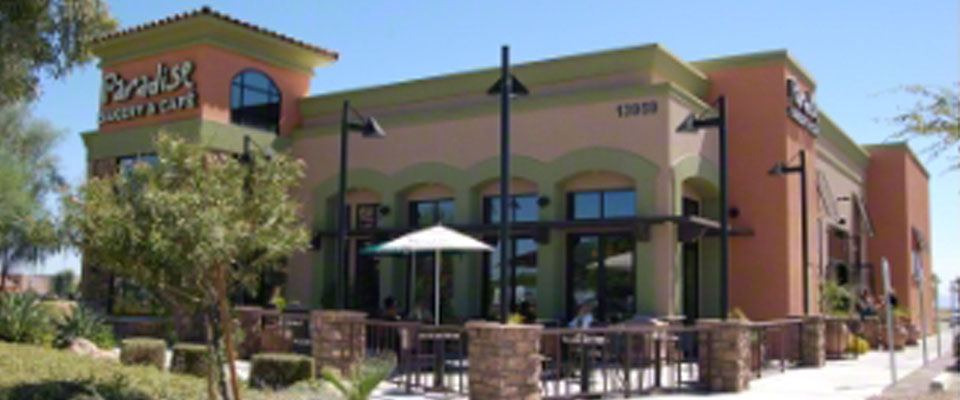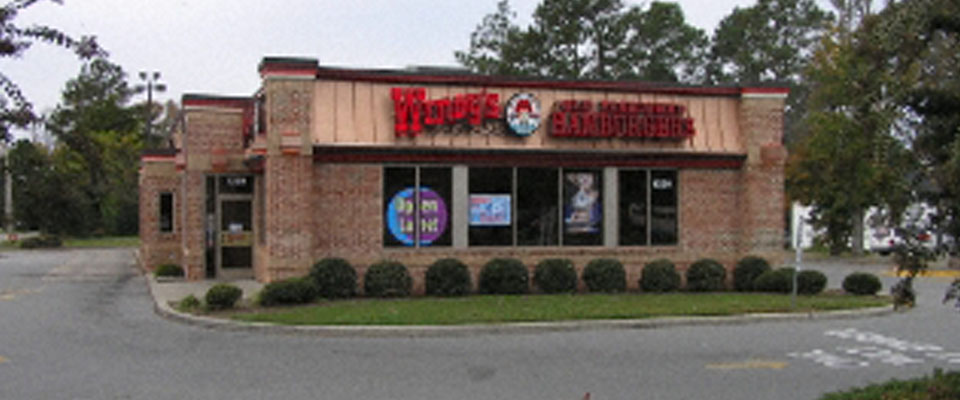Apartment Mortgage Lender | Recourse vs. Non-Recourse Apartment Loans
Apartments come in all shapes and sizes. Some are small, almost like a traditional mortgage, housing only a five or so families. Others are large, housing dozens – possibly even hundreds. There are luxury apartments, senior housing, low income apartments, and more. All apartments are different, and as a result all loan options offered by apartment mortgage lenders are different.
Those that are ready to invest in an apartment need to pay special attention to the value of the complex. That’s because different values can actually make a significant difference in both your interest rate and the type of loan.
Recourse vs. Non-Recourse Loans
One example is with recourse or non-recourse loans. These terms refer to the legal rights of the lending company if you default on your loan:
- Non-Recourse – If you default on your mortgage, the lender is only allowed to seize the property. They cannot take any other legal action against you to try to recoup some of their losses. Your credit score will take a tremendous hit, but your personal finances and other investments will be left intact.
- Recourse – If you default on your mortgage, the lender can go after any of your personal belongings in order to recoup the losses. They can take your own house, your car, and whatever they need in order to make up the payments.
As a borrower, you generally want a non-recourse loan. That protects you from any problems with apartment mortgage lenders that may occur if you start to default. Lenders, of course, want recourse loans. It reduces their risk if they can collect your other assets in order to protect themselves against loss.
In the world of apartment mortgage lending, properties over 2.5 million tend to be non-recourse loans. Multi-family housing under 2.5 million are more likely to be recourse loans. In addition, some lenders create recourse tiers, where some percentage of the property may be collected via recourse, but not the full amount.
Acquiring a Non-Recourse Apartment Mortgage Loan
Most loan types have little to do with the lender, and more to do with the dollar amount. Non-recourse loans under 1 million are uncommon, while recourse loans over 5,000,000 are equally as uncommon.
It’s also important to keep in mind that a recourse loan isn’t necessarily a bad option. Interest rates tend to be lower, because they represent less risk to the lender. Smart investors that are confident in their property may also prefer a recourse loan, despite the added risk, because they profit more from the property.
No matter what loan type you need or the amount of your property, it’s still ideal to make sure that you’re working with someone that can find you the loan you need, whether it’s recourse or non-recourse. If you’re in the market for an apartment mortgage lender, make sure that you sign up with CRE Lender today.
[salesforce form=”2″]
